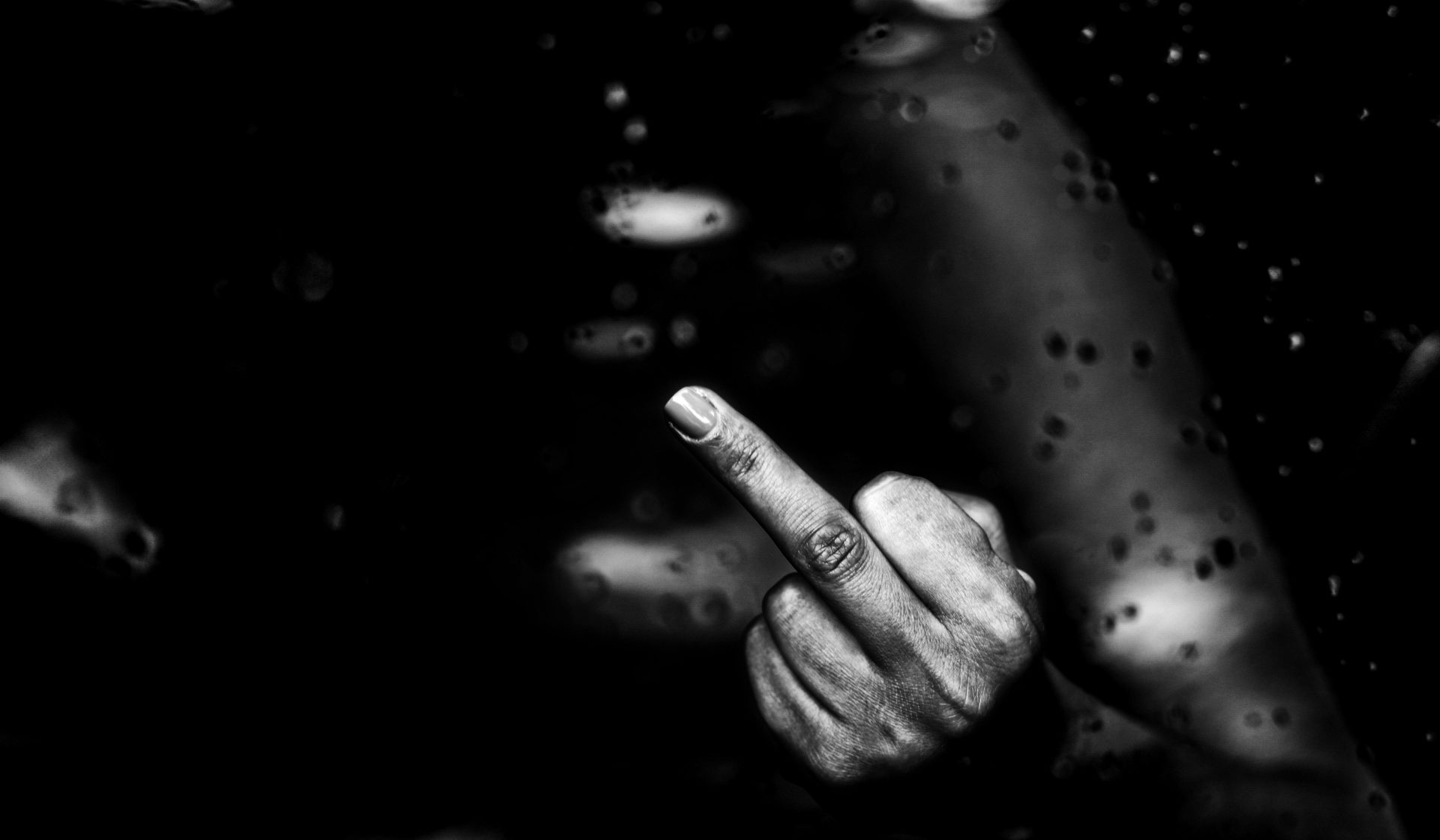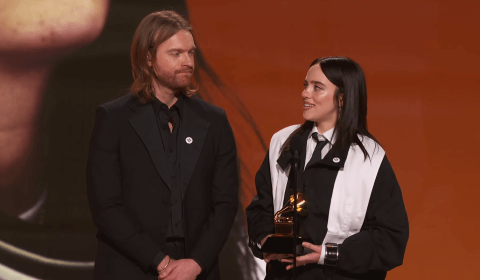Is being explicit how we cope with how out of control things are – and how out of control we feel?
Recently, internationally acclaimed Irish popstar CMAT (Ciara Mary-Alice Thompson) posted an Instagram story responding to someone who criticised how much she swears on social media.
She explained that, sometimes, when there’s nothing else you can do to relieve yourself from the shittyness of a situation (like an underpaid job that wears you out and forces you to spend time with people that treat you badly) going home to complain about it is the only outlet available – that there’s power in swearing as a dramatic form of expression and communication.
‘You say those things and you do those things because you have no power in that situation,’ she said. ‘You can’t quit that job. You can’t fucking leave that life. All you can do is express yourself and express the severity of your emotions and I think swearing is a great way to do that.’
This emphasises the use of swearing as a proletarian tool, an individual yet universal – and deeply ubiquitous – act of resistance against mass socio-political exploitation and oppression.
The retail assistant scenario is a good one, as are any examples of working in customer-facing roles, which notoriously see minimum-wage workers maltreated by intolerably rude customers who they’re forced to be polite towards.
@cmatbaby silly bitches unite !! European tour start in paris on monday !! #livemusic #glastonbury ♬ I Don’t Really Care for You – CMAT
Contrastingly, there actually tends to be more acceptance towards the use of profanities within more manual (and male dominated) labour fields.
You’re having to work long shifts and probably even do over-time just to make ends meet. You’re also having to answer to a higher-paid boss who seems to work less than you do, and doesn’t understand how to do your job. Yeah… when you put it like that… it’s a fucking shitshow.
As Melissa Mohr writes in Holy Sh*t: A Brief History of Swearing, soldiers during the first world war used ‘fucking’ so frequently that it began to function simply as a prefix for whatever noun would succeed it.
And as Ciara posits: when you’re powerless in ‘the face of dark times, especially in the current political climate,’ swearing is an outlet when you can’t do anything else. It’s all relative.
Despite the occasional stigma that clings to certain obscenities, the tendency to include curse words such as ‘fuck’ and ‘shit’ in our vocabulary has recently been said to demonstrate a wider command of language, to emphasise a point in a conversational setting, or to build social bonds.




















